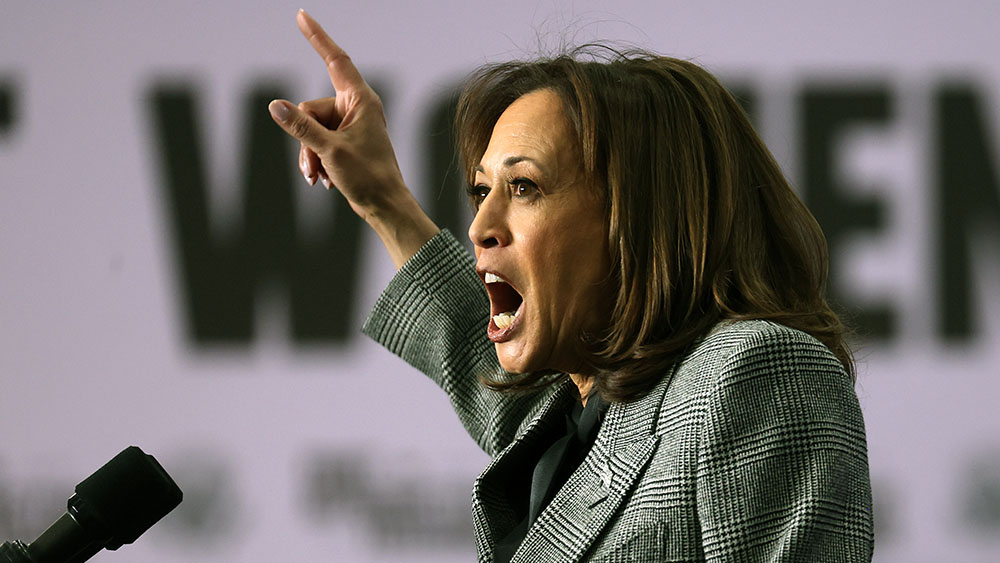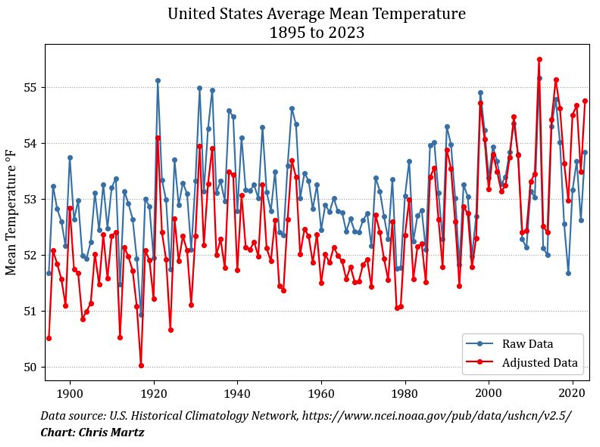MONEY DRAIN: Ford lost $2.5B on its EV segment in the first half of 2024
07/30/2024 / By Laura Harris

The Ford Motor Company has lost nearly $2.5 billion on its Model E segment over the first half of 2024.
According to its latest financial report, Ford’s losses in its electric vehicle (EV) segment have worsened despite a notable increase in sales volume. For the second quarter of 2024, Ford sold 23,957 EVs – a 61 percent increase from the same period last year. However, the company reported a staggering $1.14 billion loss during this quarter alone, translating to approximately $47,585 loss per vehicle sold. (Related: Failed GREEN deal? Biden awards nearly $2B to carmakers to boost EV sales because almost nobody wants to buy them at fair market prices.)
In a press release, Ford attributed these substantial losses to “ongoing industry-wide pricing pressure on first-generation EVs and lower wholesales,” which have overshadowed the $400 million in cost reductions achieved year-over-year. In other words, the company’s efforts to cut costs have not kept pace with the necessary price reductions to attract buyers in a competitive EV market.
To put these losses into perspective, a Ford dealer in Austin currently has over 20 Mustang Mach-E vehicles priced below $47,000 – less than the amount Ford is losing per EV sold. In response to its EV struggles, Ford has returned to its core profit drivers.
On July 18, the company revealed a $3 billion investment to expand production capacity for its highly profitable F-Series trucks. The expansion, set to occur at the Oakville Assembly Complex in Ontario, Canada, aims to add initial capacity for 100,000 F-Series Super Duty trucks, including those equipped with future multi-energy technology. This move aligns with Ford’s Ford+ plan for profitable growth.
“This investment will benefit Ford, our employees in Canada and the U.S., and especially our customers who want and need Super Duty for their lives and livelihoods… It is fully consistent with our Ford+ plan for profitable growth, as we take steps to maximize our global manufacturing footprint, and our investments will have a fast payback,” said Ford Chief Operating Officer Kumar Galhotra.
General Motors also deferring EV investments
General Motors (GM), another automotive giant, also confirmed that it is deferring EV investments. According to a report by the Wall Street Journal (WSJ), these deferred investments include delayed plans for a new Buick EV and a pushed-back opening of an EV truck factor.
According to GM CEO Mary Barra, the deferrals seek to ensure the automaker does not over-extend ahead of market demand. She added that GM will be rolling out several new EV models in the coming months because “they represent the largest growth opportunities for us.”
“As excited as we are about our portfolio, we are committed to growing responsibly and profitably in any demand environment,” Barra told financial analysts.
The WSJ reported that while U.S. EVs continue to grow, the pace has eased and demand has not matched any forecasts. According to the Kelley Blue Book, electric cars made up about eight percent of new vehicles in the second quarter of 2024 – up from 7.2 percent a year prior. The news outlet added that “stout demand for gas-powered vehicles continues to fuel profits for GM and other automakers.”
Head over to RoboCars.news for more stories about EVs.
Watch this discussion that explains why Americans are not crazy about EVs.
This video is from the ChrisWillard777 channel on Brighteon.com.
More related stories:
Limited EV charging stations in Europe prompts company providing them to charge OVERTIME FEES.
Lawsuit accuses Hyundai America of conducting “secret program” with dealers to “inflate” EV sales.
Volkswagen to close Audi Brussels branch due to sharp drop in EV demand.
The nationwide 500,000 EV charger charade.
Sources include:
Submit a correction >>
Tagged Under:
bubble, cars, climate change, Collapse, debt bomb, debt collapse, economic riot, electric cars, electric vehicles, EV demand, finance riot, ford, General Motors, green living, Green New Deal, market crash, money supply, products, risk, transportation
This article may contain statements that reflect the opinion of the author



















